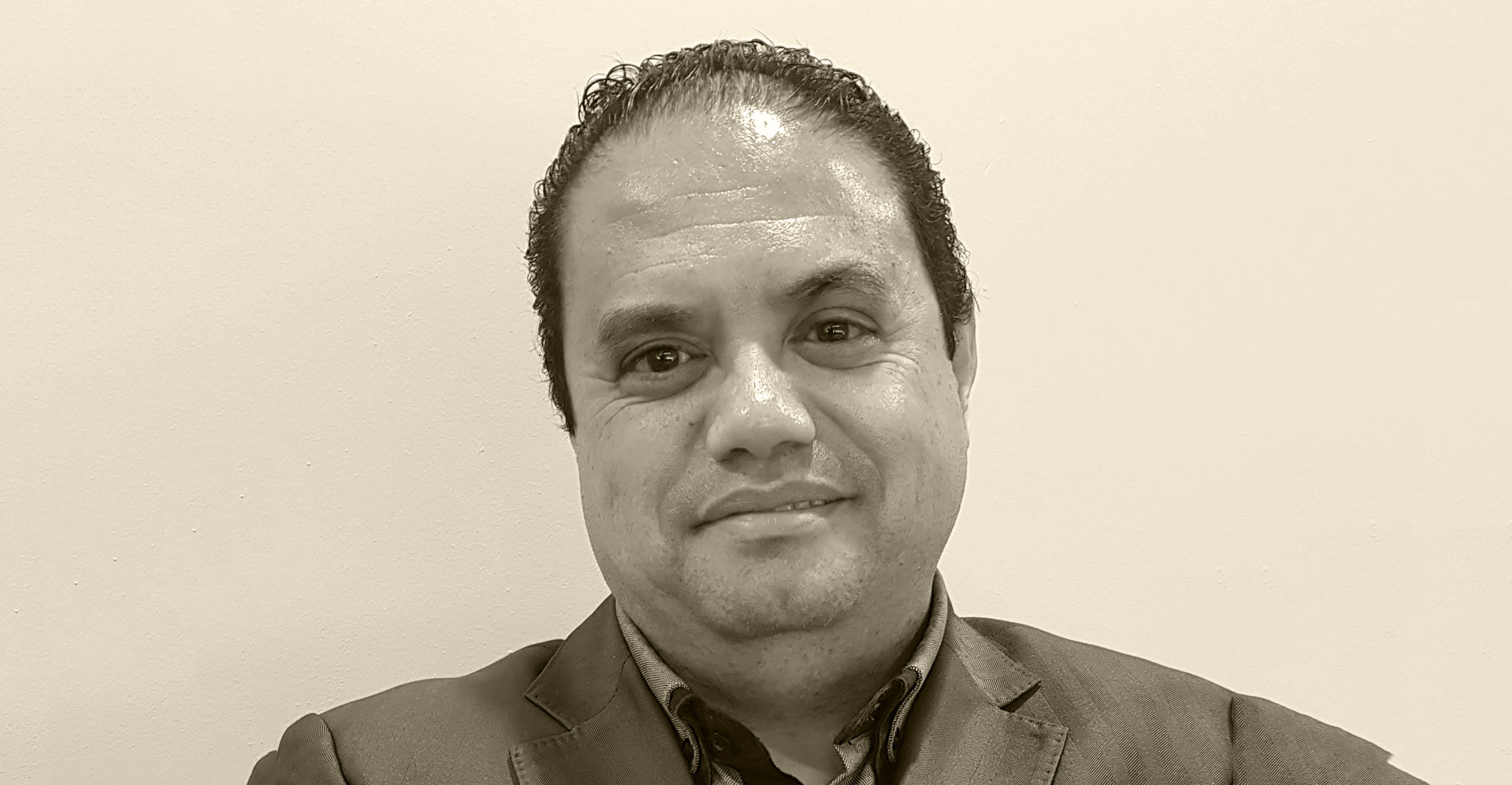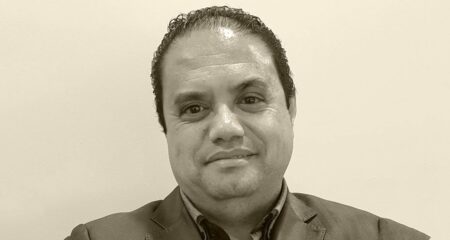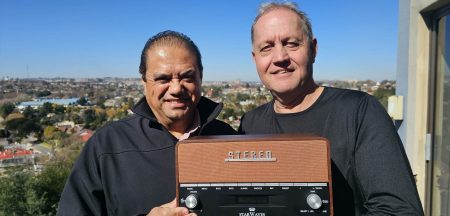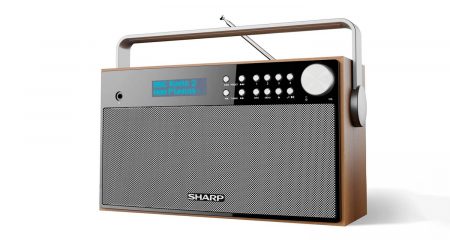
South Africa may need far fewer government-subsidised set-top boxes for its digital terrestrial television migration project.
Speaking to TechCentral on Wednesday in a podcast interview, Aldred Dreyer, the newly appointed head of the department of communications’ project management office on digital migration, said the market has shifted substantially since the last estimates were made in 2008.
Government had originally decided to provide at least five million subsidised set-top boxes to poorer households. It later decided it would be a full subsidy, meaning qualifying homes would get the boxes for free.
“We are revising the subsidy model,” Dreyer said in the podcast. “We can’t give details around that now because we still need to take it to cabinet for approval. Once it’s approved, we will share it with the public.”
In the 2008 policy, government agreed to provide the subsidy to five million households. “If you look at the numbers, we are sitting at approximately 14 million television households. About eight million of those are already converted — a lot of them are on satellite. And we have already committed to procuring about 1.5 million decoders, some of them DTT and some satellite. There are about four million households (that will still need a set-top box), both indigent and non-indigent — those that can afford to buy and those that can’t afford to buy a decoder.”
It’s not clear, Dreyer said, how many indigent households will require a free set-top box. “What we are doing now is working through those numbers to see what that figure is actually sitting it, but it is significantly less than the numbers (five million) we are currently talking about.”
He said government hopes to complete digital migration in the Free State by the end of the year. It has selected the Free State as the provincial government is keen to cooperate with the project management office on the roll-out.
“If you look at the number of indigent households versus the decoder stock we have, the numbers more or less line up, so we can do the Free State and parts of the Northern Cape and North West with the stock we have.” — (c) 2018 NewsCentral Media
- Listen to the podcast with Aldred Dreyer for more




